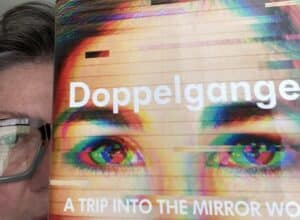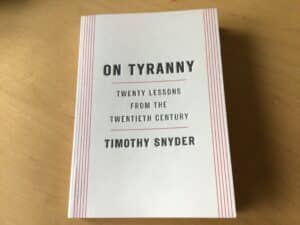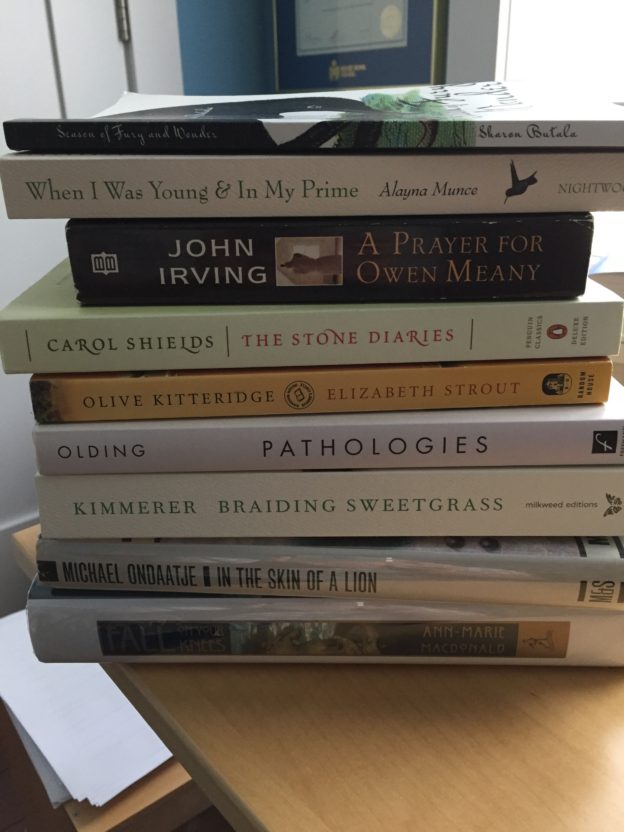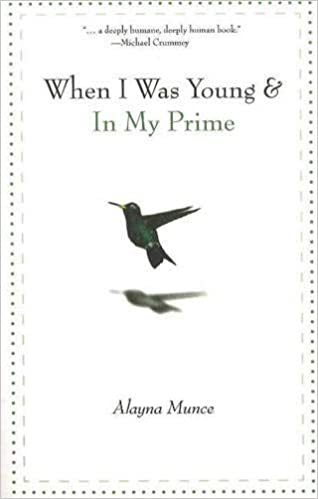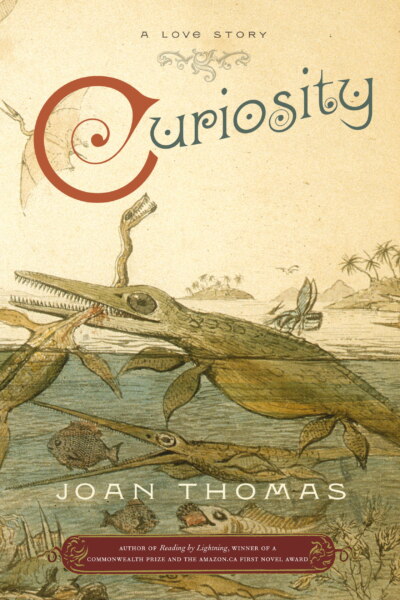Is Doppleganger the right book to add to The Grim Reader series? It has a breadth and scope that is deeply necessary. It is personal. It is political. It gives voice to all kinds of issues from our ecological crisis to rising fascism. So, yes.
On the surface, the book is about the unfortunate mix-ups Naomi Klein has had to endure between herself and Naomi Wolf. Wolf used to be a well regarded feminist academic, but at some point, she took a turn in another direction. The book that brought her widespread attention, The Beauty Myth, was good. Although it didn’t add anything new to the understanding of how beauty is used to hold women back (this was already well trodden ground), Wolf was a new, young, and welcome voice on the scene and gave the argument a new (and beautiful) face. I used her work when I taught Women’s Studies at the college level.
Meanwhile, Klein, became a well known feminist progressive, environmental activist and political activist. She is the writer behind No Logo and The Shock Doctrine. She tried for years to shrug off the mix ups between the two Naomis. Although harmless at first, as the years wore on, Wolf veered into territory that was anathema to Klein and mix ups became more embarrassing. Over time, Klein became interested in (and possibly obsessed over) how someone like Wolf could change her world views so radically.
Klein’s exploration into Wolf’s transformation brings her to a profound book about mirror images, doubling, or doppleganging. In a way, Doppleganger is a book about how we all contain multitudes. If you’ve ever asked yourself how your Uncle Jim or your mom or someone who you used to know as a great helper-parent in your neighbourhood school or volunteer at the food bank became a FOX News watching, conspiracy-minded, MAGA hat wearing, flag waving, vaccination fearing, Pierre Poilievre supporting, maybe even gun-toting, freedom screaming, convoy supporter, this book is for you. It actually helped me understand how it happens.
I have to admit that even I mixed the two Naomis up, a fact that I am embarrassed about now. I had thought that the incredible foundational error that Wolf made in writing one of her books, Outrages, was an error Klein had made in one of her new books. Oops. But because, in my mistaken mind, it was Klein, I shrugged it off as an “everyone makes mistakes” moment. It did not, to me, change anything about the brilliance of her earlier books, No Logo or The Shock Doctrine. But now that I know it was the other Naomi, can I extend the same grace to Wolf and say that this big mistake she made doesn’t change anything about The Beauty Myth?
Sure. I guess.
It’s definitely harder because of Wolf’s turn to the right and the new company she keeps, like Steve Bannon. But it is important to give people like Wolf a little grace. How else can they come back?
One of the things Klein finds is that the difference between herself and Wolf and their increasingly divergent ideas is the difference between having a world view that is community oriented versus one that is more individually focussed. As Wolf’s shine wore off, she was all about finding another platform on which she could remain a darling. And find it she did. As a sociologist, I appreciate Klein’s observation that individual goals lead to different outcomes than more community-minded goals. I might even rephrase it to say that the difference between being Naomi Wolf or Naomi Klein is that Klein has a sociological imagination (with thanks to C. Wright Mills) and Wolf does not, or at least, does not anymore.
Klein writes, “These doubles share one thing in common: all are ways of not seeing. Not seeing ourselves clearly (because we are so busy performing an idealized version of ourselves), not seeing one another clearly (because we are so busy projecting what we cannot bear to see about ourselves onto others), and not seeing the world and the connections among us clearly (because we have partitioned ourselves and blocked our vision). I think this, more than anything else, explains the uncanny feeling of our moment in history–with all of its mirrorings, synthetic selves, and manufactured realities. At bottom, it comes down to who and what we cannot bear to see–in our past, in our present, and inthe future racing toward us.” And in ourselves. We all have an authoritarian toddler within us screaming for control. Most of us learn to get past that and live with others in a society working towards mutual benefit.
It is that simple. And that complex. And the road Klein takes herself on to get herself and her readers here is fascinating. Quoting prison abolitionist Mariame Kaba, Klein reminds us “Everything worthwhile is done with other people.” And we are going to have to understand all kinds of people to do anything worthwhile.
On a personal note:
I read Doppleganger while in the midst of a critical health crisis. I started reading it at home, had it with me for a week in the hospital and finished it when I got home again. In that period, I had been told my illness was terminal. Then the doctors found a way to save me. I post this two months later, after three more hospital stays, one of which included open-heart surgery. The fact that I can be (hopefully) cogent again is promising. I have yet one more very difficult surgery ahead and my current hospital stay will not be my last.
All of this is happening in a time when SARS-CoV-2 has been allowed to run rampant, as though it isn’t a killer disease, a disease that can affect every organ of every body, a disease that is chronic for many, a disease that is the source of a mass disabling event. I navigate this while trying to deal with my own non-covid related situation. Mitigations have been dropped in favour of keeping a society looking “normal,” that is, like it is 2019. As though we can choose the changes that happen around us constantly and reject some of them. As though we can keep our heads in the sand.
As of April 8, 2024, there is no longer a mask mandate enforced in BC hospitals. Some of my own doctors don’t wear masks and it makes me wonder if I can trust their medical knowledge. But the demands of capital have won out over the needs of sick people. It all became political and public health is now a joke, existing in name only. This is also considered within the pages of Doppleganger.
What’s happening to me personally is life and death. What’s happening to all of us collectively is life and death. The trend towards authoritarianism, the casual eugenics, (well, it’s ONLY those with co-morbidities that are dying, it’s ONLY the frail and elderly, it’s ONLY the disabled) and the genocide(s) taking place across the world are all related. Klein knows this. She looks at Hitler’s Germany, and specifically the life’s work of Hans Asperger who went from being someone trying to help children who were a little different live full lives to someone who was selecting which “disabled” children would die within the Nazi’s genocidal machine. Klein writes, “Asperger’s jarring career trajectory demonstrates that, in just a handful of years, the same institutions and some of the very same people can shift from an ethos of care and curiosity toward a vulnerable group to one of callousness and genocidal cleansing. As if a switch has been flipped.”
I’ve noticed this with a lot of people throughout the pandemic. So has Klein. The admittedly weak and nascent efforts at community protection we saw in the beginning of 2020 completely turned around. Now wearing a mask or getting a vaccine is thought of as a bad thing by an apparently vast swath of people. Or maybe they are a particularly loud minority. Whoever they are, they have won. Protecting each other is a long-gone ethos. She cites examples of people on the vaccine-feaing, invermectin-promoting side saying the weak should die. And as a person who is now one of the weak, effectively barred from participation in much of society because no one is willing to wear a mask anymore or put any effort or resources into creating cleaner indoor air, I can tell you, it sure feels eugenic to me. As I mentioned above, even my own doctors don’t always wear masks. I’m sure they care about me (at least abstractly) and they have put a lot of their skill and effort into keeping me alive, but they just don’t see how careless they are.
Caring and careless. At the same time. For example, I have no doubt that some of those same people who were banging pots and pans in support of health care workers in early 2020 wouldn’t deign to put a mask on to save the health and life of a health care worker today if they had to go into their doctor’s office or to the hospital. Nor will they wear a mask to save their own life. Or mine. In short, we are “both this and that.”
And this is the key realization of Klein’s opus. Both individual people and even states can be “victim and victimizer at the same time.” One of her most extraordinary and helpful conclusions is that what makes the difference between going “there” and not going “there” is one’s attachment to a sense of community or society and an understanding of class. My sociologist soul rejoices at this conclusion.
Klein writes, “The disability justice advocate and author Beatrice Adler-Bolton refers to the mindset that has animated so much Covid denialism as ‘deaths pulled from the future’–which she defines as the judgement laden posture that frames ‘deaths from Covid-19 as somehow preordained’ because the people doing most of the dying were probably going to die prematurely anyway. Covid just moved up the timelines a few years, so what’s the big deal?” Klein states clearly, “this is fascist thought. More specifically, it is genocidal thought. It recalls the ways in which colonial massacres were rationalized because within the ranking of human life created by pseudoscientific racists, Indigenous peoples, such as the original residents of Tasmania, were cast as ‘living fossils.’ … Indigenous peoples were, in this telling, the pre-dead, with extermination merely serving to accelerate the inevitable timeline.”
I am not keen on being shunted aside as the pre-dead. I’d appreciate being able to keep every day I might have to experience this troubling body and all of the joy and love it is capable of manifesting.
The planet itself and our eco-systems are disabled now. Should we push up the timeline of our destruction of the earth because we are doomed anyway? Of course not. Our work must be care-based in this “time of planetary shocks and layered disasters.” Our most prevalent state is “chronic impairment,” says disability rights theorist Sunaura Taylor. Klein quotes her saying, “As a disabled person I recognize this as disability… What we live with in the present and will for decades to come, even under the best-case scenario, is mass ecological disablement of the more than human world, a disablement that is utterly entangled with the disablement of human beings. Given this, it seems vital to consider what forms of care, treatment and assistance this age of disability will require.”
On the final page of Doppleganger, Klein writes, “Negotiating that doubling [that is, the doppleganger]–between our younger selves and our older selves, between our public selves and our private selves, between our living selves and our dying selves–is part of what it means to be human.” My living, disabled self has a huge stake in all of it.
This is where Doppleganger lands for me. The mini-thesis inside the bigger thesis is about disability. I am in my age of disability in a world that is already disabled watching another mass disability event play out among humans during the sixth great extinction. I watch these events through wildfire smoke and sometimes through a hospital window. While there are still hospitals. There is something powerful and necessary about facing what’s real. I think constantly about words like accessibility and inclusion. I think about what they mean for me, for the forests. I think about what it means to truly respect every living thing, as it is, to know that it has an inherent purpose all of its own, even when damaged. Naomi Klein is still thinking about this. Her Doppleganger is not.
Read Dopplegnager. Tell me what you think.

